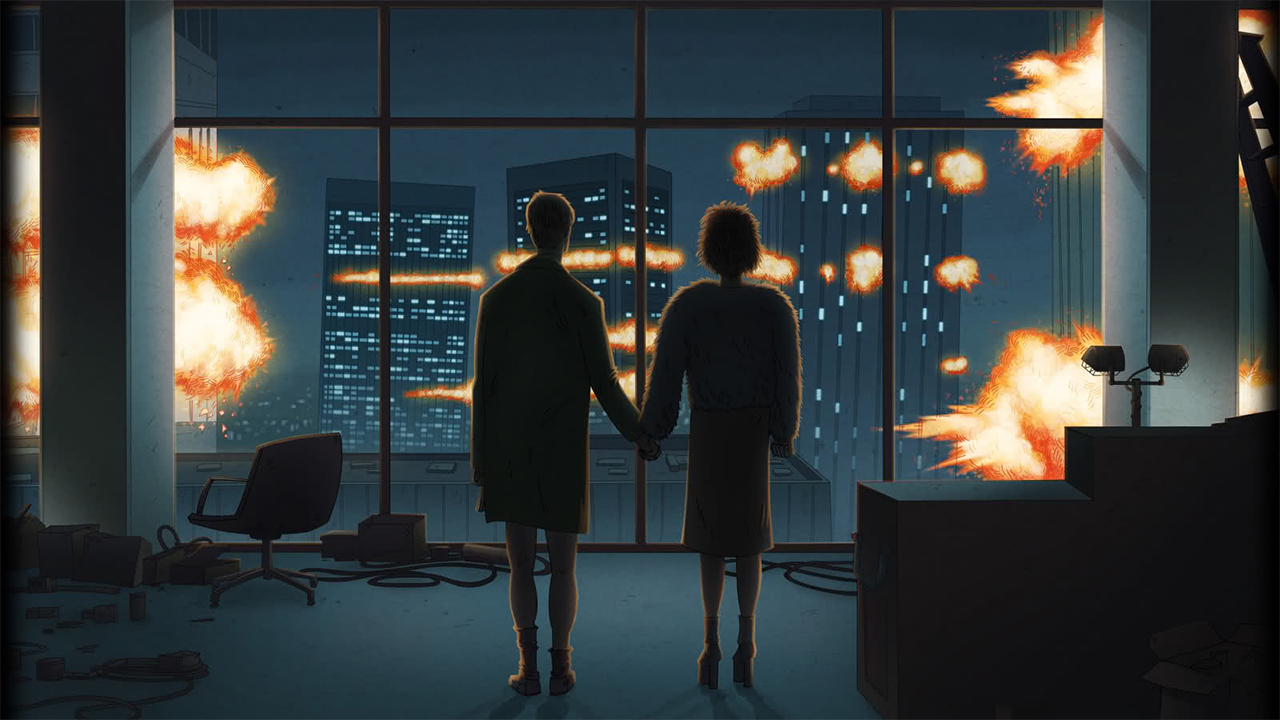With the constant rise of income inequality, the mega-mergers of big business, the rampant unpunished financial crimes, and the Supreme Court’s official stance that money is speech, one could be forgiven for believing that capitalism has won and will be the financial way of life until humans go extinct. But according to at least one well-regarded economist, that isn’t true at all.
Jeremy Rifkin has been an advisor for the European Parliament, many heads of state, and is the president of the Foundation on Economic Trends. He’s no crackpot. He believes that communication, energy, and transportation will all be merging into what he calls a “super internet,” and that society will begin to take control of the means of production, creating some sort of utopian world in which we are capable of making whatever we need for ourselves.
Speaking with The Guardian, Rifkin says, “We are seeing the final triumph of capitalism followed by its exit off the world stage and the entrance of the collaborative commons.” That’s his term for this new world in which we create our own energy, 3D print products, travel at unheard of speeds, and help a brother out when needed. He goes on:
“This is the first new economic system since the advent of capitalism and socialism in the early 19th century so it’s a remarkable historical event and it’s going to transform our way of life fundamentally over the coming years,” Rifkin says. “It already is; we just haven’t framed it.”
Some sectors, such as music and media, have already been disrupted as a result of the internet’s ability to let individuals and small groups compete with the major established players. Meanwhile, the mainstreaming of 3D printing and tech advances in logistics – such as the installation of billions of intelligent sensors across supply chains – means this phenomenon is now spreading from the virtual to the physical world, Rifkin says.
The economist also believes that the ability to get whatever you want, whenever you want will actually make people less greedy.
He believes there is a paradox operating here, which is that over consumption results from our fear of scarcity, so will go away when we know we can have what we want.
Millennials are already seeing through the false notion that the more we accumulate, the more we are autonomous and free.
Of course that’s an economist — who thinks in principles and rules — talking, so it remains to be seen if human beings will actually follow through on those principles, or if they’ll just go crazy printing, say, microwaves the size of elephants to cook the world’s largest pizza roll.
The biggest issues that stand in the way of Rifkin’s prophesied future are climate change and the possible end to net neutrality. He believes that if technology moves fast enough, climate change will take care of itself because green energy will proliferate but if the power of the internet is consolidated into a few hands it could all be over:
If the old industries can monopolise the pipes, the structure, and destroy network neutrality, then you have global monopolies and Big Brother for sure.
But if we are able to maintain network neutrality, it would mean that any consumer who turns prosumer, with their mobile and their apps, already can begin to feed into this expanded internet of things that’s developing.
If Rifkin’s right, then the future could be pretty awesome. If he’s wrong, well … greed could kill us all. In his words, “We could lose 70% of our species by the end of this century and may be imperiling our ability to survive on this planet.”
(Photo: Reddit)



